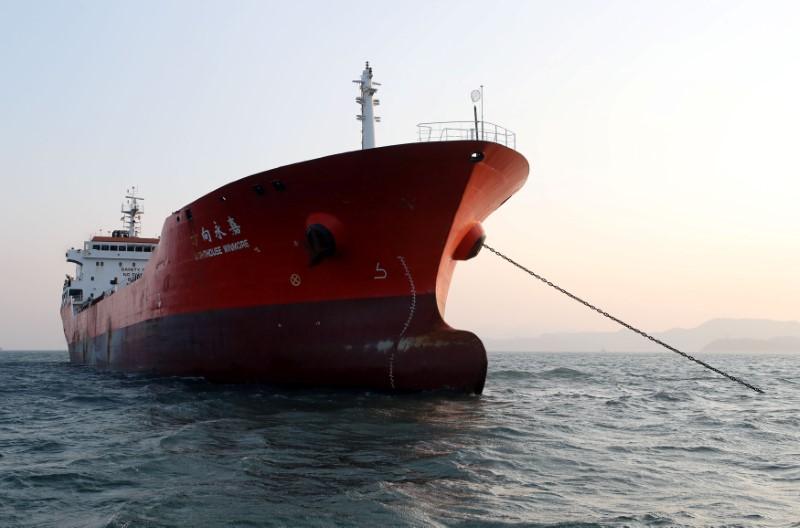SEOUL—South Korean authorities have seized a Panama-flagged vessel suspected of transferring oil products to North Korea in violation of international sanctions, a customs official said on Sunday.
The seizure was the second to be revealed by South Korea within a few days, as the United Nations steps up efforts to squeeze essential oil supplies to the reclusive North following its nuclear or ballistic missile tests.





